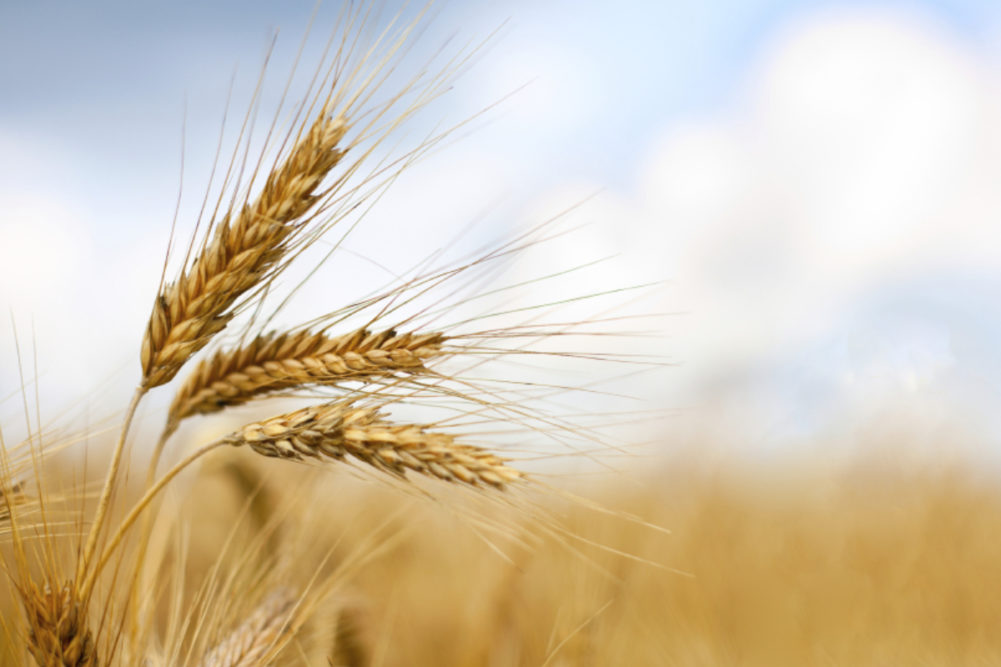Read in
Minister for Agriculture and Food Security, Aliyu Abdullahi
The Minister of State for Agriculture and Food Security, Aliyu Abdullahi, has announced that 118,000 hectares of wheat have been cultivated across 11 states as part of efforts to boost food production and tackle scarcity.
Abdullahi made this disclosure on Wednesday while speaking on Channels Television’s Politics Today in Abuja.
He highlighted President Bola Tinubu’s intervention through the National Agricultural Growth Scheme, Agro Pocket Project, which he said had significantly improved wheat farming in Nigeria.
“When we came on board for the 2023/2024 dry season farming, we did what had never been done before because wheat farming was weak. But with the President’s intervention, we were able to cultivate 118,000 hectares of wheat across 11 wheat-producing states,” Abdullahi stated.
He noted that with additional contributions from private sector players, including Flour Mills of Nigeria and independent farmers, total cultivation figures likely exceeded the government’s recorded estimates. According to him, the initiative has injected over 500,000 metric tons of wheat into the economy, marking a significant milestone in the country’s agricultural history.
The minister also reassured Nigerians that the country is not at risk of food scarcity, dismissing concerns over food insecurity.
“Nigeria has not faced food scarcity, and by the grace of God, it never will,” he said. “There are macroeconomic factors influencing food prices, but Mr. President understands these dynamics and is addressing them.”
To further improve agricultural output, mechanization programs are being introduced to enhance farmers’ productivity.
“We need to increase productivity by introducing mechanisation, and we have four mechanization programs currently in the works. Equipment delivery has already started, and we are partnering with state governments like Niger, Kebbi, and Kaduna to implement these initiatives,” he added.
Abdullahi emphasized that Nigeria has adjusted its agricultural strategy to ensure continuous, year-round production of staple crops, preventing supply shortages and stabilizing food prices.



